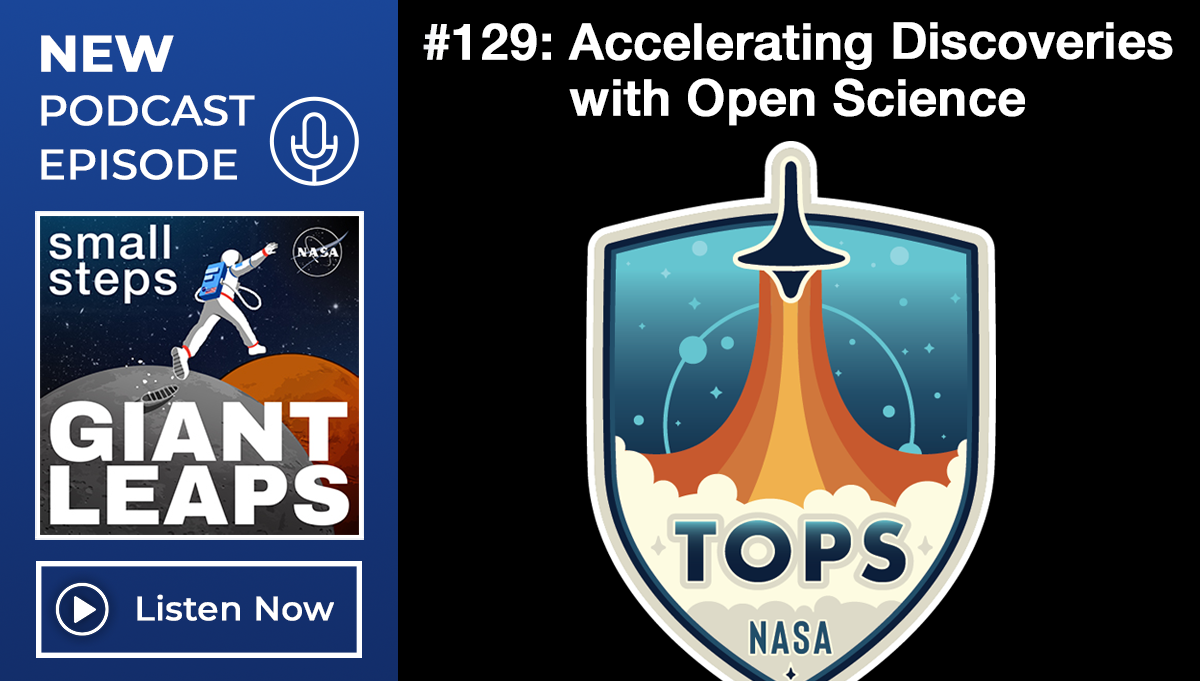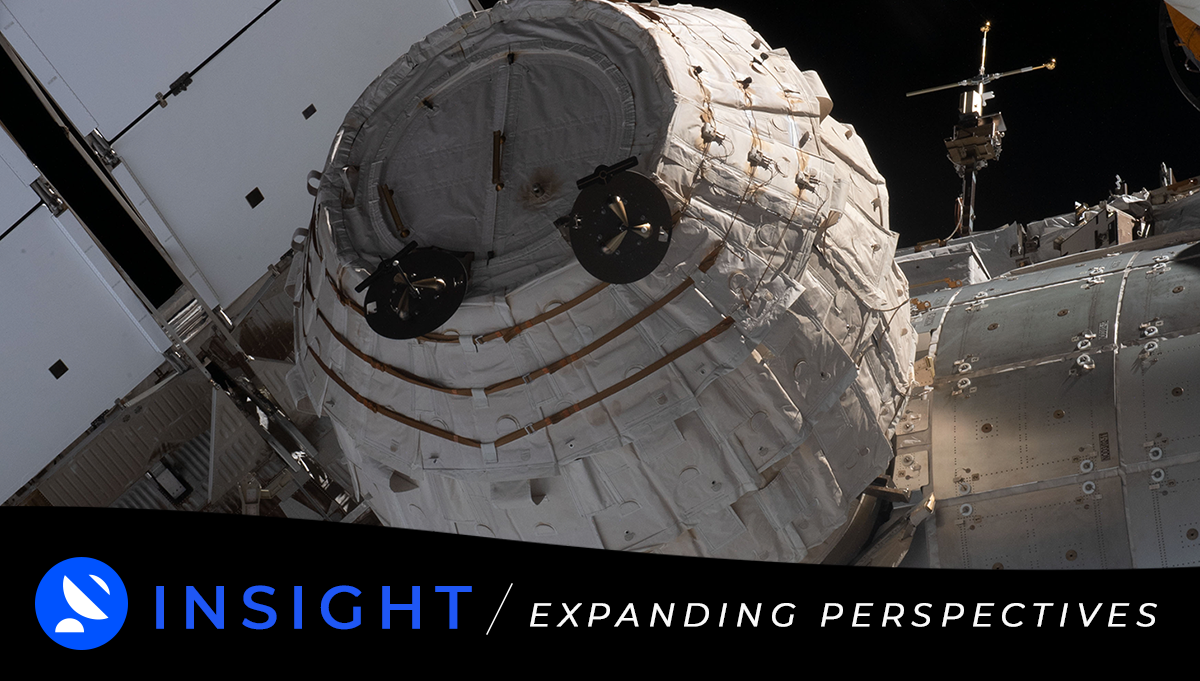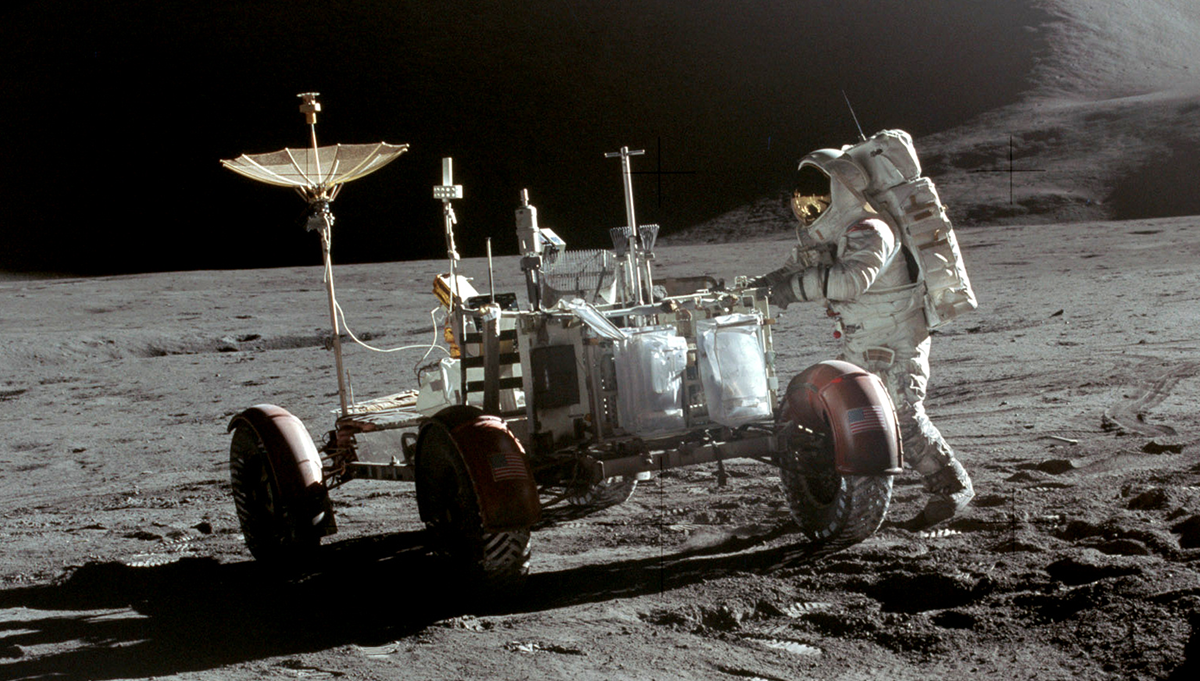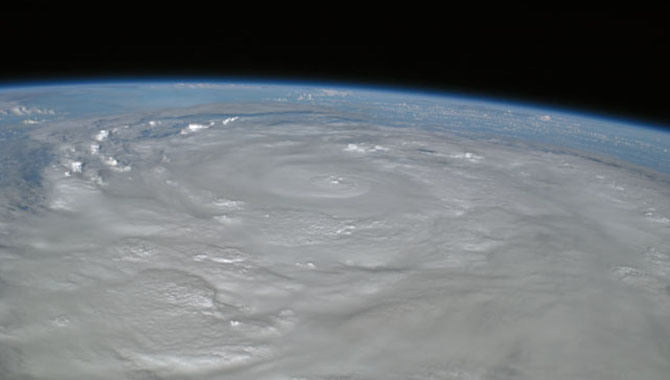May 10, 2011 Vol. 4, Issue 3
If you ever feel like a mad scientist who can produce game-changing inventions, but can’t seem to find your wallet, a wiki may help you get things in order.
Jon Verville, an information-based software engineer and lead for the Applied Engineering and Technology Directorate (AETD) Wiki at Goddard Space Flight Center, is on a mission to find clever ways to push NASA’s capability through sharing knowledge, data, and ideas across the organization. Prior to his wiki work, he was involved in the RF communication systems for LADEE, the SCaN Test Bed (CoNNeCT), the South Pole TDRSS Relay (SPTR), and served as the deputy communication systems lead on the Magnetosphere MultiScale mission.
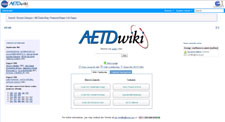
Home page for the AETD Wiki at NASA’s Goddard Space Flight Center. Image courtesy of Jon Verville.
ASK the Academy: You weren’t always the Goddard “wiki guy.” What sparked your interest in creating a wiki and knowledge management systems?
Jon Verville: That’s
a good question. Basically, I had some level of frustration with the information resources that were available when I was just starting my engineering career at Goddard. My first mentor, Dave Israel, was both a great mentor and a world-class communication systems engineer. My work and the challenges I faced were equally world-class in difficulty, and to find solutions to these challenges required very specialized data, information, and knowledge. One of the challenges was getting to relevant pre-existing paper and digital materials, which had been produced by Dave and the rest of my fellow communication systems engineers at Goddard, at the time when they were needed. Much of this useful information and knowledge was locked away in each engineer’s own paper or digital file cabinet, or in an archived email, often buried very deeply. Specific things within this material weren’t very easy to find, even for the engineer themselves! You pretty much go hunt for it on your own. However, as an early engineer at Goddard, I didn’t even know what questions to ask or the context that would even be necessary to ask a question. That was a frustration for me. I don’t think that this is unique to Goddard or NASA, but is something that is a problem for any large organization. The trick is organizations that address this problem in a unique way have an advantage. I saw this as an opportunity.
In a small attempt to address this, I started a wiki as a side project, just by installing the free software that powers Wikipedia. I began experimenting with it, slowly telling a few people about it here and there. Eventually, I really saw how it could work for us just by testing some simple ideas out and experimenting. One of the first things I did with this new wiki site was put together a table of all the spacecraft that our branch, the Microwave and Communication Systems Branch, had worked on, and included the technical specifications for each mission. Now this certainly did not require the use of a wiki, but the nice thing was that it now was in a central, discoverable place on our intranet and anyone in our group could update it. The table had columns such as: the radio manufacturer, antenna details, and the communication data rate of the spacecraft. Just creating this table and putting a point of contact for the communications engineer on that particular mission actually was a very quick and easy win. Since then it has expanded to over 500 technical wiki pages.
ATA: How did you gain leadership support to pursue this wiki initiative?
Verville: I’ve been very fortunate, actually, because at some level, I have been in the right place at the right time and had support from the right people. Back in 2009, I was on a committee that was tasked with giving our perspective of life within our engineering directorate at Goddard as it pertained to early career employees. We were asked for suggestions and advice, which we delivered to our Director of Engineering, who at the time was Orlando Figueroa, and his next level of management. We had a series of meetings with the directorate, and through the course of those meetings one of the things that came up as a topic was how we address knowledge transfer and knowledge capture for engineers within Goddards engineering directorate.
Basically, I spoke up during the meeting and said, “Hey, I’m kind of working on this wiki as a side project and am trying to address that very problem. Is that something you guys would be interested in hearing about?” And they said, “Sure, let’s do it.” So I went and collected my thoughts on what I had learned from my wiki experiment and the other early career folks also on this committee and I organized the material and flushed out how that vision would look before I presented it.
I also took the time to meet with Orlando ahead of time to see what he was looking for. Essentially, I wanted my enthusiasm – our enthusiasm – to match up with the needs of the organization. I crafted the presentation and after all of that legwork, it was very well received. The director polled all of his direct reports and he asked them what they thought about the idea, and they jumped at it.
ATA: Tell us about the biggest challenge you face in trying to increase collaboration with a tool like this?
Verville: The biggest challenge by far is not technical. It’s most definitely cultural. Just the simple idea of somebody being able to live edit something someone had created previously is such a foreign concept. We have this culture whereby you do what your boss tells you and you’re graded against how well you did on what your boss told you to do. This kind of breaks that paradigm in a sense because it’s really a proactive paradigm with each person finding a way to uniquely invest in the organization. In the end, that’s what this is all about, everyone helping to invest in the organization so that when new engineers and scientists are coming into the organization they have that resource that I was looking for, but didn’t have in my early career. I think that’s a big challenge because you have to help the knowledge workers in your organization to get past that because there’s no direct model for it at some level. In NASA, we’re used to working in a very document and email-centric world where someone owns a document from cradle to grave and people share updates and answers to questions through email to only who needs to know. New collaborative websites, such as wikis, have the potential to change this. It’s not one person investing in an organization’s knowledge, its democratizing it so that everyone has an easy way to contribute to that organization’s knowledge. In a sense, we’re asking, “How can you pay it forward?”
Screenshot of the canted turnsytle omni antenna wiki page housed within the AETD Wiki at NASA’s Goddard Space Flight Center.
I found that a solution for this challenge is literally meeting people face to face and talking them through it. I do a lot of going out and talking, sharing what it is I’m doing and why I’m doing it, and teaching tutorials and such. This helps people dip their toe in the water, and from there it’s easy to take the second step.
ATA: What are some examples of groups or organizations who have succeeded in using a wiki?
Verville: The majority of my examples are grassroots projects, which is telling of the way these things work. It’s really hard to make these initiatives top-down and not bottom-up. There’s one group here at Goddard that built an instrument that flew on STS-125. It was called the Relative Navigation System.
This team based out of Goddard had to coordinate individuals at Glenn and Johnson. Since they were geographically dispersed, they used a wiki to document their system because it was very experimental. It was an experiment that was essentially trying to improve the state-of-the-art for robotic docking. The team used it for day to day operations and documenting their systems and the nuances, quirks, strengths, and limitations that they didn’t know about previously. This team used it in a way that was really beneficial. It was only open to a small, closed group, but again, they didn’t have support or even see the need to share outside of their group. But this is where I see the great use of a wiki and where they can be successful.
I have heard about or read about dozens of organizations where wikis have come and gone. These failures were because there wasn’t a clear purpose. So, number one, have a clear purpose. Number two, communicate that purpose. Number three, weave that purpose into the organization’s mission and figure out how the wiki can fit the ways the organization does business. Those are definitely three things that I spend a lot of my time doing.
Another example comes from before I even really got into wikis seriously, I was attending a conference and I bumped into Chris Rasmussen and some others who worked on Intellipedia, which is part of the system that the intelligence community put together. User adoption was very grassroots. They use it as an institutional resource. The wiki was added, I think, six years ago, and the system has thousands of active users and I think it has over a million edits.
They also have an award called “The Golden Spade,” which is awarded to people who have contributed to the wiki significantly. It is a little, gold spray-painted shovel that is given to the individual or their supervisor and is used as a sort of incentive to reward that kind of behavior. (The spade is representative of wiki “gardening.”)
ATA: You have an upcoming paper on the state of wiki practices at NASA. Can you give us a preview of what to expect?
Verville: There
are many more stories beyond what I have told that I have discovered in my travels around the agency talking about these topics. In the paper we are going to be highlighting different wikis that have been used successful at NASA. They are sort of mini-case studies. They tell you some of the background, typical specs for what they have created, and then how they are encouraging adoption. We’ll also touch on some of the reasoning and motivation behind collaborative engineering systems in general.
My collaborator, Dr. Patricia Jones from Ames and I are approaching this paper to spread the story of early wiki adopters across the agency. In the words of Tim O’Reilly, “The future is here. It’s just not evenly distributed yet.” We are just trying to distribute that future among folks so that if they get their hands on this paper they can have some insight into this organization and then maybe it’ll give them a place to start.
Share your thoughts about organizational wikis on our Facebook Discussion Page.


